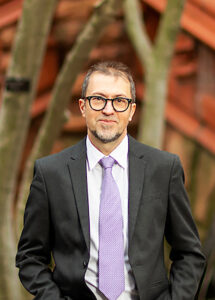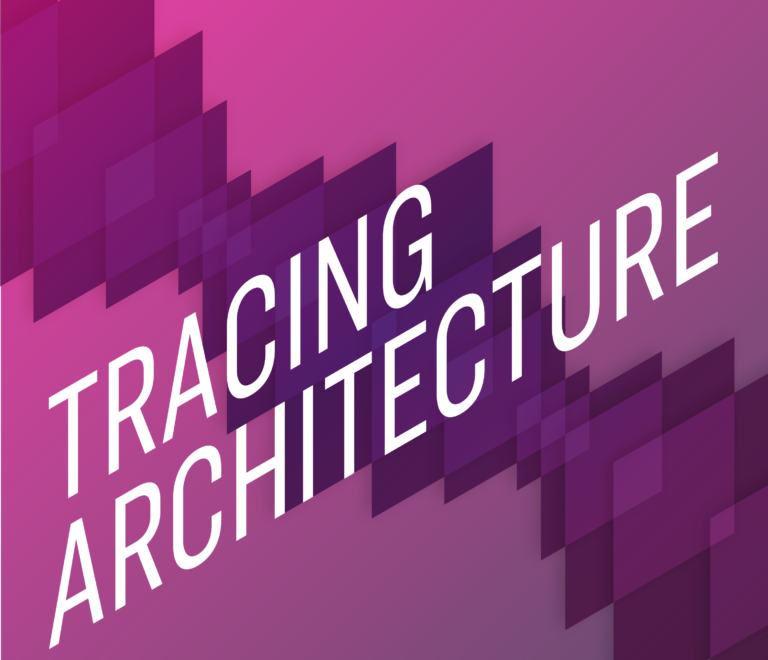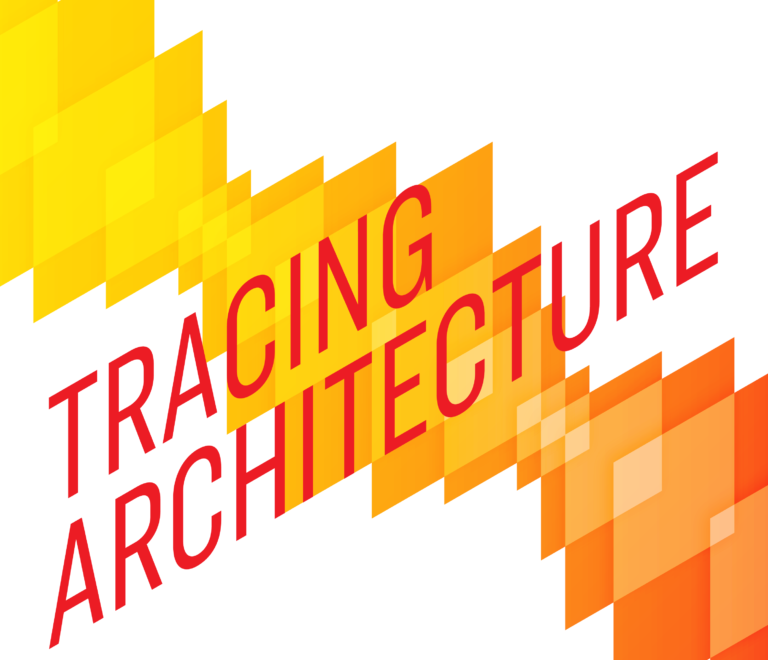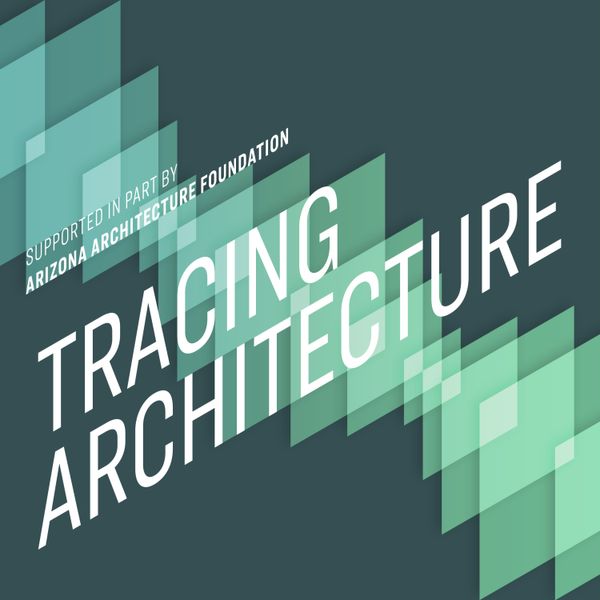Latino Identity in Architecture – Part 1
Latino Identity in Architecture - Part 1 In this two-part series on Latino identity in architecture, Tracing Architecture dives into the profound ways the narrative of history and our own heritage shapes design. Part one features a thought-provoking conversation between José Bernardi, Associate Professor at ASU and author and editor of Adaptive Reuse in Latin America, and Fernando Luiz Lara, Professor at the University of Pennsylvania and author of Spatial Theories for the Americas: Counterweights to Five Centuries of Eurocentrism. Together, they explore the historical narrative of the European "encounter with" or better identified as the invasion of the Americas, challenging the misconception of an "empty land" or "new world"; a world without a history or culture; and examining the lasting impact of this narrative on the urban fabric, and architectural identity of Latin America. This series was created in collaboration with the AIA Phoenix Metro EDIB Committee (Equity, Diversity, Inclusion, and Belonging).






